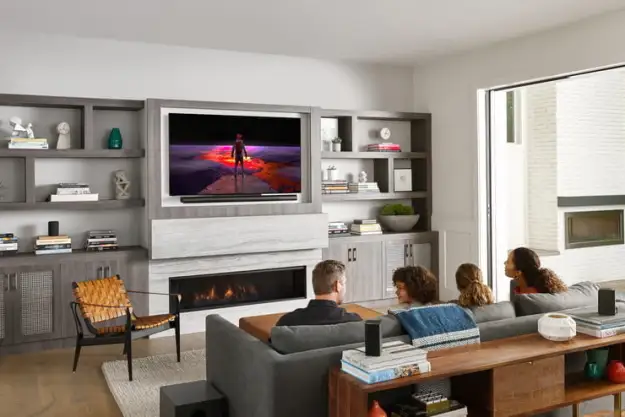Netflix subscribers with certain Samsung smart TVs won’t be able to watch their favorite binge-worthy shows on the streaming service beginning December 1.
Samsung attributed the removal of Netflix from specific devices to “technical limitations.” Older Samsung smart TVs will no longer have the ability to connect to Netflix’s latest updates and features.
“In the future, Netflix can be viewed from many other devices capable of connecting to your TV,” Samsung said in its announcement.
Digital Trends reached out to Samsung for further comment, as well as to specify what exact Samsung TV models will be affected by the change, but we haven’t heard back from them yet.
But even if you do have one of the Samsung smart TVs that isn’t capable of streaming Netflix, you’ll still be able to watch the streaming service via game consoles, media players, or streaming devices like Amazon Fire TV and Roku.
However, if you do have a Roku device, specifically an older generation model, you’ll also lose your ability to access Netflix next month.
A Roku spokesperson previously told Digital Trends, “Due to technical limitations, Netflix will no longer be available on select older
Those who have the affected Samsung TVs or Roku devices will receive a message before December 1 notifying them of the change. You can also check to see if your device is compatible through Netflix’s list of supported devices.
With the streaming service market getting more crowded than ever, additions like Apple TV+ and Disney+ might have the same effects on more smart TV devices in the future. The benefits of streaming services have always been the ability to watch them whenever, wherever, and with whatever — unlike DVD or Blu-ray players — but Roku and Samsung’s cases are proving to cause a shift in the flexibility of streaming services.
We reached out to Netflix to comment on if other smart TV users can expect these kind of limitations in the future, and we’ll update this story once we hear back.
Editors' Recommendations
- Roku Pro Series TVs finally go after the high(er) end, start at $899
- Vizio’s aging SmartCast reborn as Vizio Home Screen, with better content discovery features
- Samsung confirms its 2023 QD-OLED TVs start at just $1,900, are available now
- Netflix to crack down on password sharing starting in 2023
- What is the Samsung Smart TV web browser?




